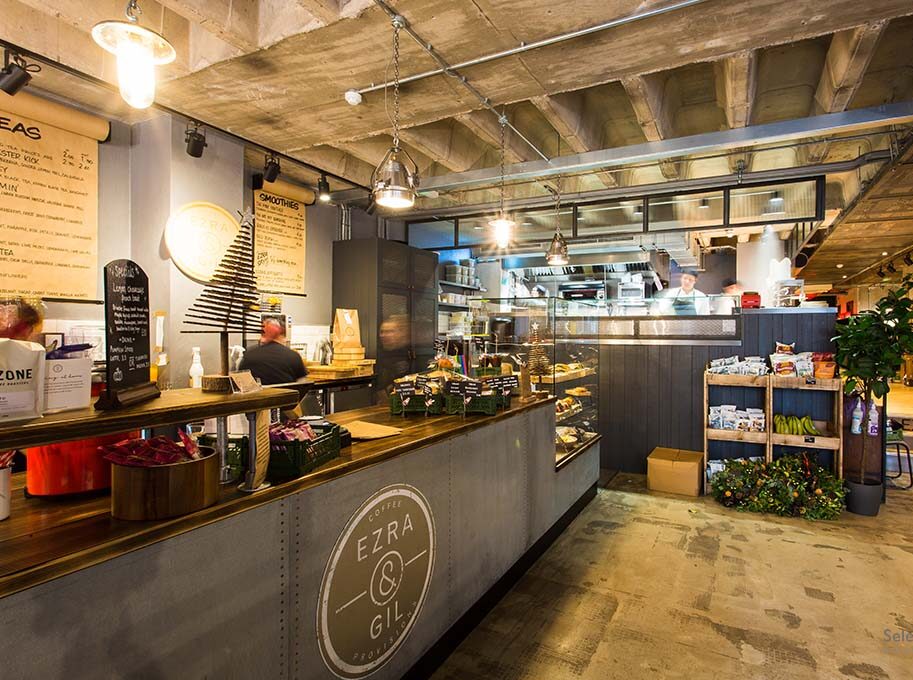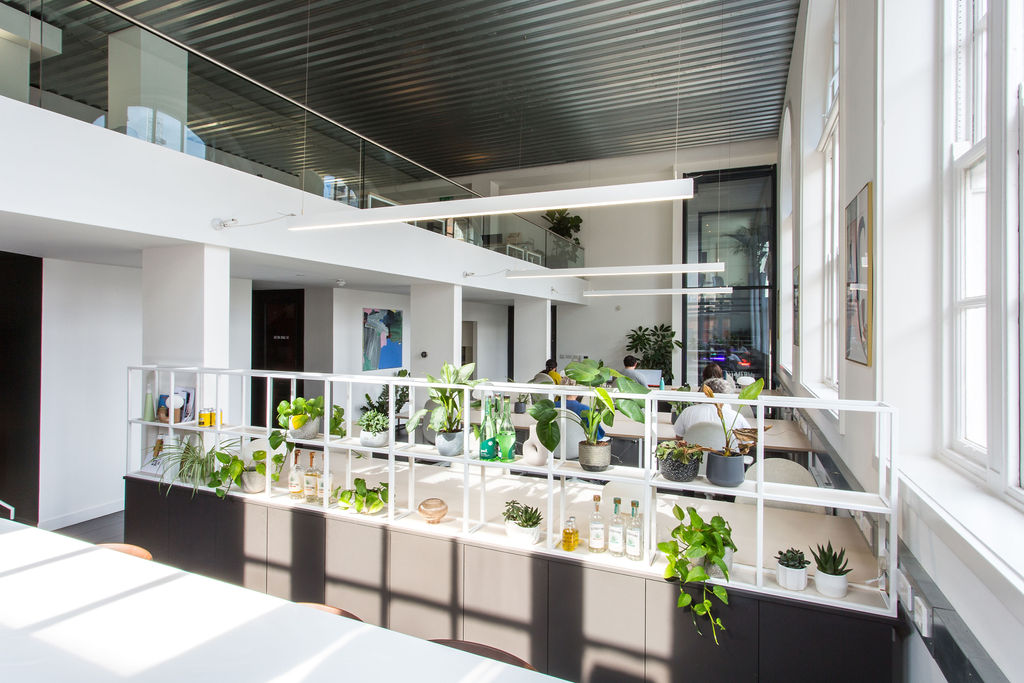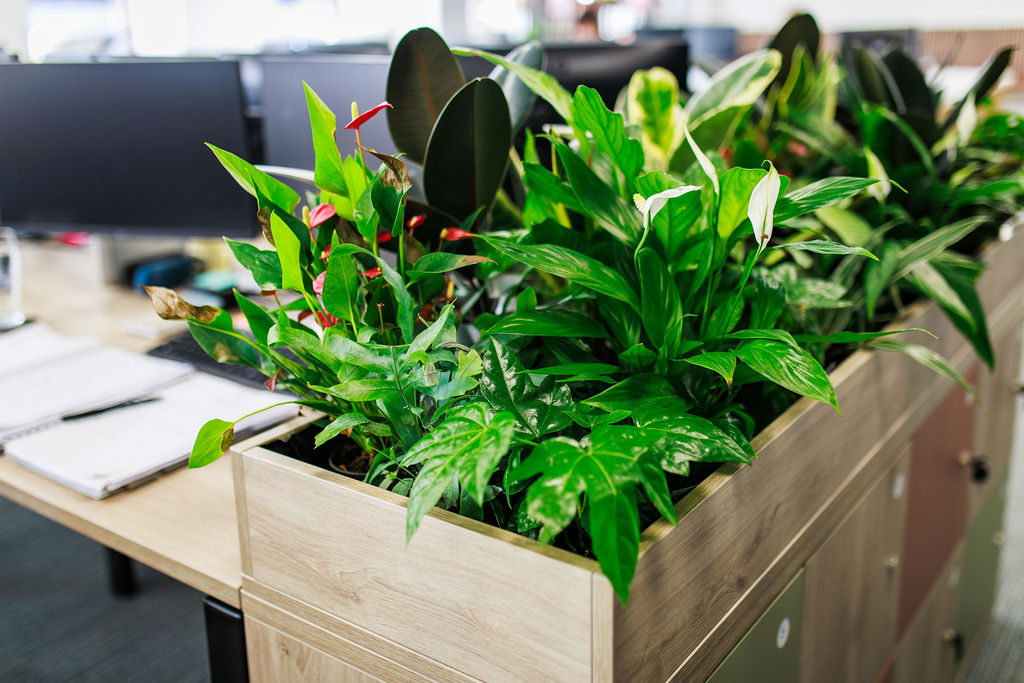Redesigning an office space can be an exciting stage in your business, but it also comes with challenges. Here at Select Interiors, we have been designing office space for over 30 years. We have found there are many common pitfalls to be aware of when undertaking an office redesign; here are our top 10:
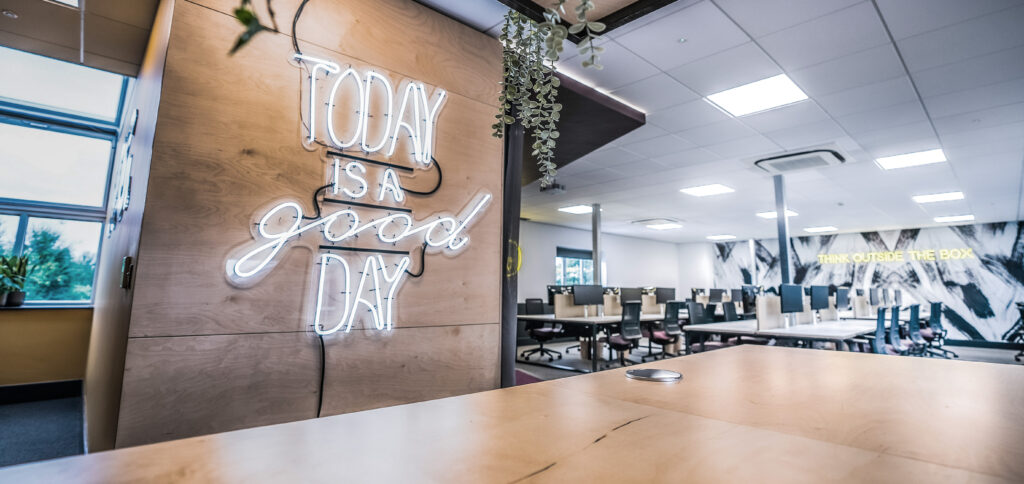
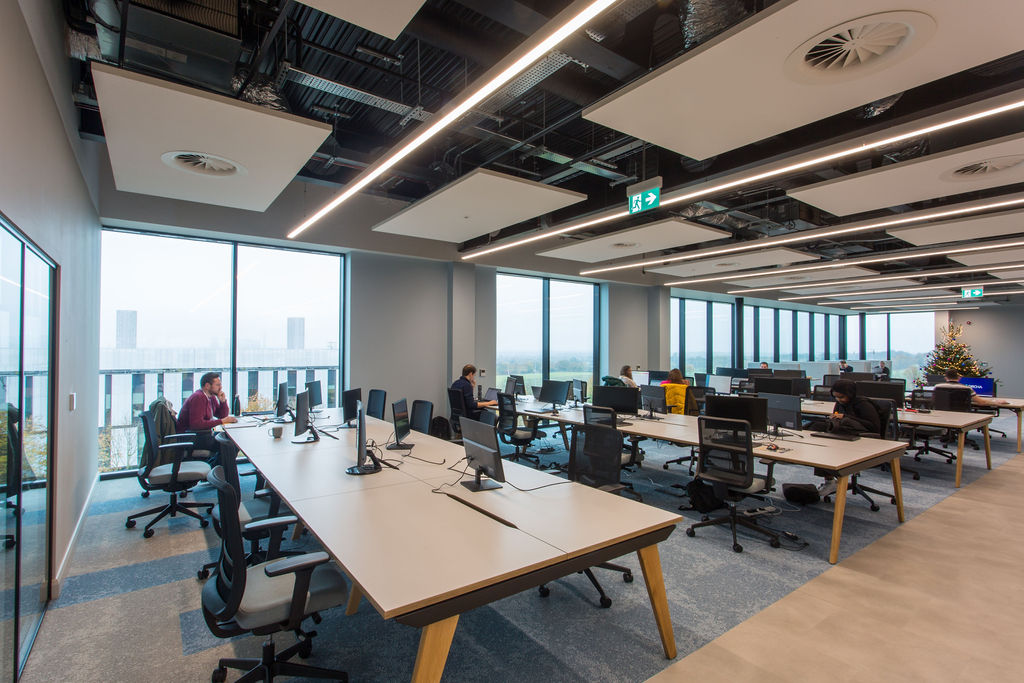
The Pitfalls to avoid when redesigning an office space
1. Ignoring employee input: When redesigning an office space, involving employees in the process is crucial. They are the ones who will be using the space daily, so their feedback and insights are invaluable. By including them in the decision-making process, you can ensure that the design meets their practical needs, enhances productivity, and creates a positive work environment.
A Microsoft survey found that 55% of employees would consider their work environment when choosing where to work.
2. Neglecting future growth: It’s essential to consider future growth when redesigning an office space. Companies evolve and expand, and failing to plan for this growth can result in a workspace that quickly becomes cramped and outdated. By anticipating future needs and allowing for scalability, you can save time and money in the long run.
3. Overlooking technology integration: In today’s modern workplace, technology plays a crucial role in productivity. Failing to consider technology integration can hinder workflow and limit the functionality of the redesigned space. It’s essential to plan for power outlets, data ports, and flexible IT infrastructure to support the technological needs of the workforce.
4. Poor space planning: Inadequate space planning can lead to inefficient use of space, overcrowding in certain areas, or underutilisation of other zones. The design should balance open collaboration areas, private spaces, meeting rooms, and individual workstations. Effective space planning can enhance workflow, communication, and employee well-being.
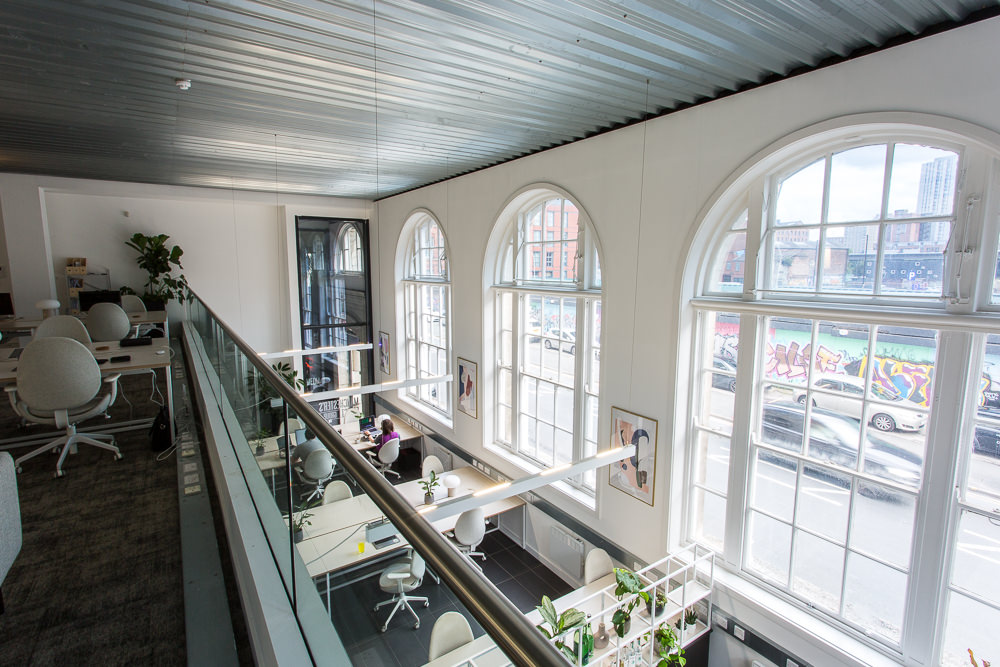
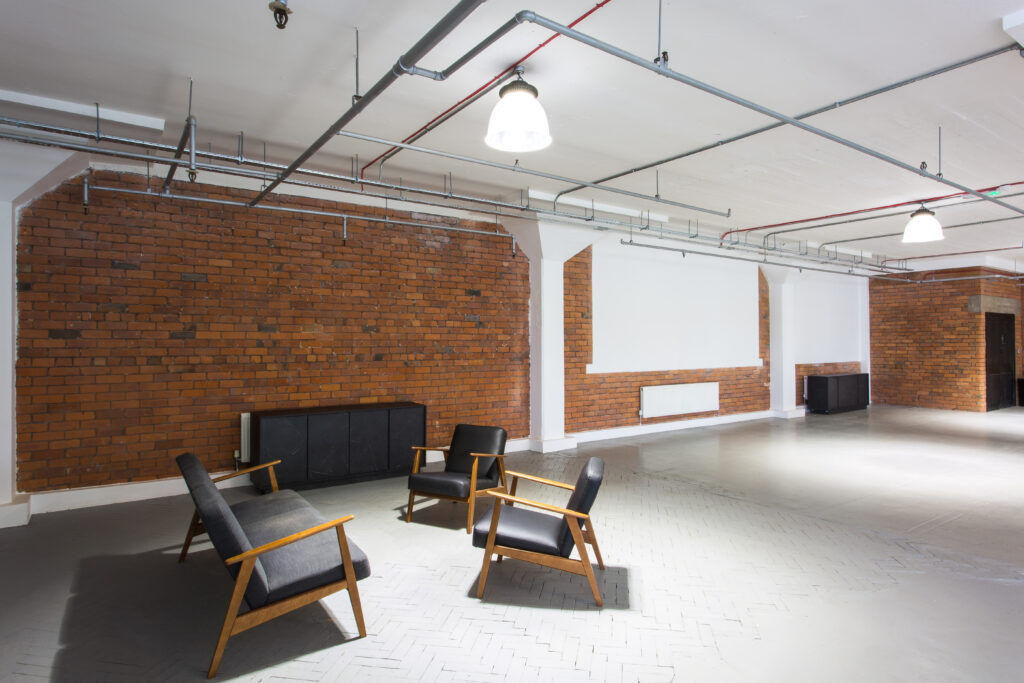
5. Inadequate lighting: Lighting is a critical aspect when redesigning an office space that often gets overlooked. Poor lighting can lead to eye strain, headaches, decreased productivity, and an unpleasant work environment. Maximising natural light and carefully planning artificial lighting can create a bright, welcoming space that promotes productivity and well-being.
6. Lack of brand representation: The office space should accurately reflect the company’s brand and culture. Neglecting brand representation can create a disconnect between the physical environment and the company’s identity. By incorporating brand elements, colours, and values into the design, you can create a space that reinforces your company’s identity and creates a cohesive work environment.
7. Insufficient budget planning:Redesigning an office can be a significant financial investment. Failing to plan the budget adequately can lead to cost overruns, compromises in the quality of materials or design elements, or the inability to complete the project as envisioned. Budgeting appropriately and prioritising expenditures is crucial to ensure a successful and financially sound redesign.
8. Disregarding ergonomics: Employee well-being should be a priority in the office redesign. Neglecting ergonomic considerations can lead to discomfort, health issues, and decreased productivity. It’s vital to select ergonomic furniture, equipment, and layout that support proper posture, reduce strain on the body, and promote overall well-being.
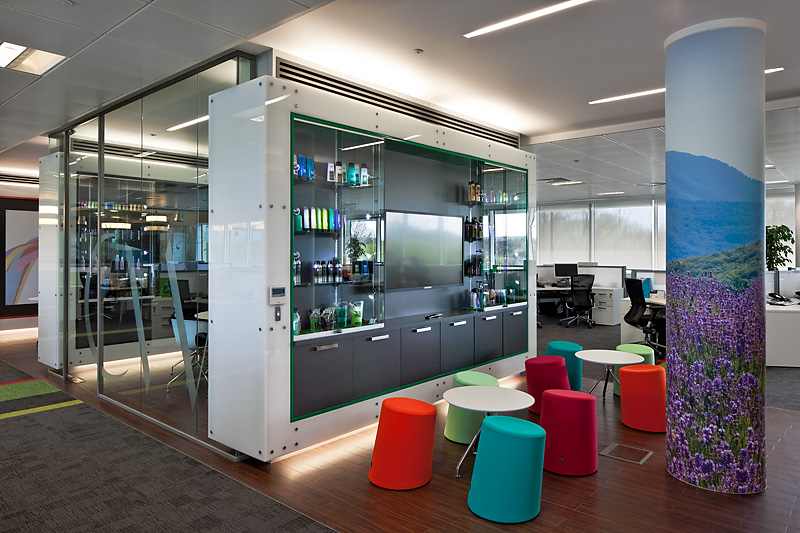
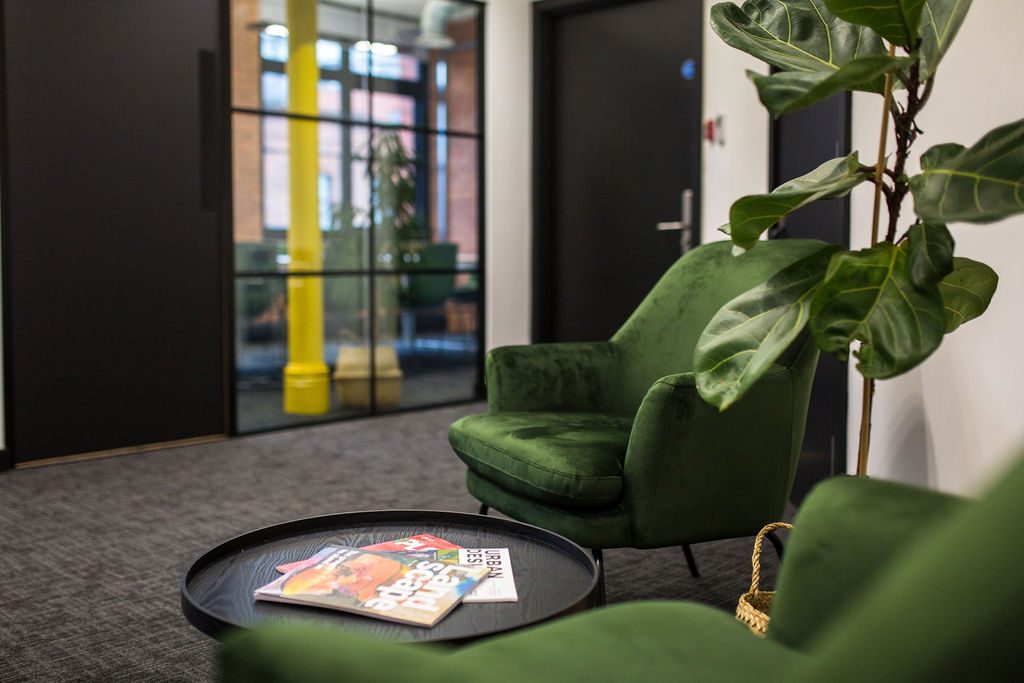
9. Poor communication: Clear communication is essential throughout the office redesign process. Failing to communicate changes effectively to employees can create confusion, resistance, and negative attitudes towards the redesign. Regular updates, transparent communication, and involving employees in the transition process can minimise potential issues and ensure a smooth transition.
10. Ignoring sustainability: Sustainability is an increasingly important consideration in office design. Neglecting to incorporate eco-friendly practices and materials can result in a negative environmental impact and may not align with the values of employees and clients. By integrating sustainable design elements such as energy-efficient lighting, recycling stations, and eco-friendly materials, you can create an environmentally conscious workspace that demonstrates your commitment to sustainability.
To avoid these pitfalls, thorough planning, collaboration with stakeholders, and a focus on current and future needs are essential. Seek employee input, utilise professional expertise, and stay mindful of budget constraints to contribute to a successful office redesign. By taking these precautions, you can create a workspace that not only meets the needs of your employees but also reflects your company’s values and promotes productivity and well-being.
Our experience and guidance will help you avoid all of these pitfalls when you’re looking at redesigning your office – so contact us today and let’s work together

